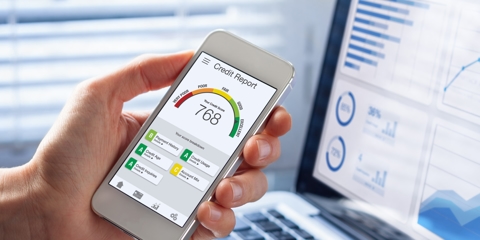It depends on how your small business is structured. Normally, small business owners have three options for bankruptcy: a Chapter 7, a Chapter 11, and a Chapter 13. Each of those has benefits and drawbacks. Which option is right for you depends on your particular situation.
A Chapter 7 bankruptcy is an option for debtors that are not going to be able to restructure their debts and continue in business. Under federal bankruptcy laws, partnerships, limited liability companies, and corporations can all file bankruptcy under Chapter 7. Also, people who own and operate small businesses as sole proprietorships also may file bankruptcy under Chapter 7, depending on their income. In a Chapter 7 bankruptcy, assets are sold and the creditors are paid to the extent funds are available.
A Chapter 13 bankruptcy is an option for some small businesses that are owned and operate by individuals. A Chapter 13 allows for a reorganization of the debts. However, Chapter 13 bankruptcies are only available for individuals, so they are not good options for businesses that are operated by corporations, limited liability companies, and partnerships. In addition, Chapter 13 bankruptcies are only available who have less than certain amounts of secured and unsecured debts.
A final bankruptcy option for a small business is a Chapter 11. Chapter 11 bankruptcies are not popular among small businesses because they are expensive, risky, take a lot of time, and they are complex. However, if a business wants to restructure, and if it is owned by a partnership, corporation, or limited liability company, a Chapter 11 is the only option. Also, a Chapter 11 is the only option for debtors who own a business and who want to reorganize but owe too much money to meet the requirements of a Chapter 13 bankruptcy.
A Chapter 11 allows a debtor to restructure its finances through a plan of reorganization that is approved by the bankruptcy court. It is common for large corporations to file for bankruptcy, and then continue operating afterwards. A Chapter 11 can help a debt balance its income and expenses and continue in operation. A debtor can also sell some of its assets under a Chapter 11 in order to pay down claims or downsize its business, if necessary.
Normally, Chapter 11 bankruptcies can be complex and time-consuming. However, there are some special provisions for small business debtors that can help them go through the Chapter 11 process, and can also reduce the cost of a Chapter 11 bankruptcy.
If you own a small business and you are having financial problems, you should consult with an attorney. There may be some good options that will allow you to continue operating your business if you wish. If you are in the Atlanta area, call the Atlanta bankruptcy attorneys at Holston & Huntley. Call us today at (404) 620-3337 consultations are free and you are under no obligation to use our services. We serve Metro Atlanta Georgia as well as Birmingham Alabama including surrounding areas.





